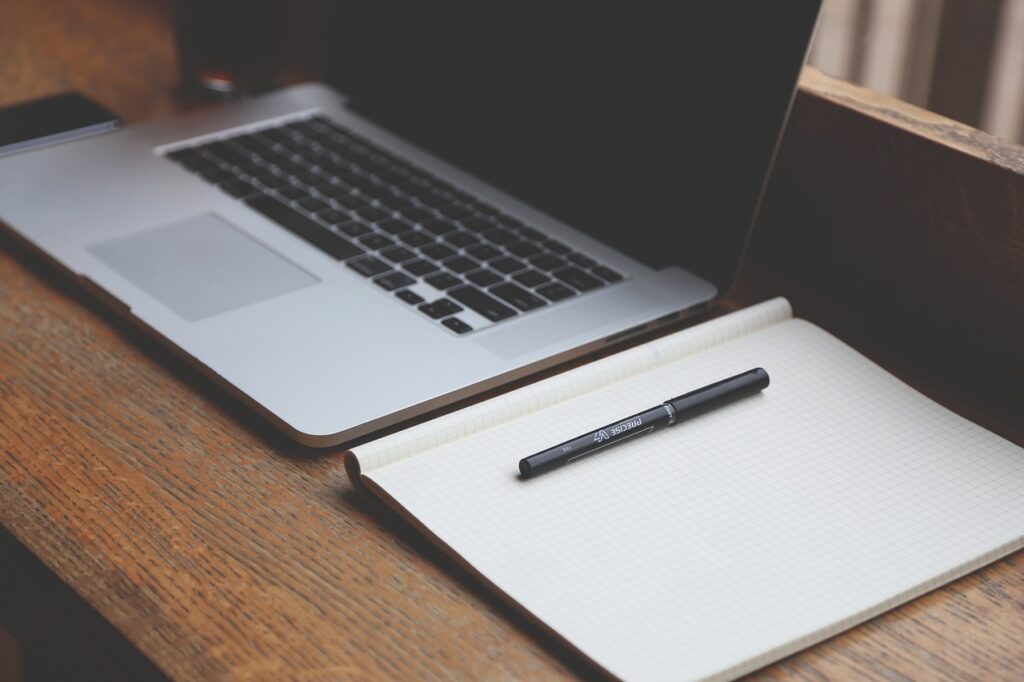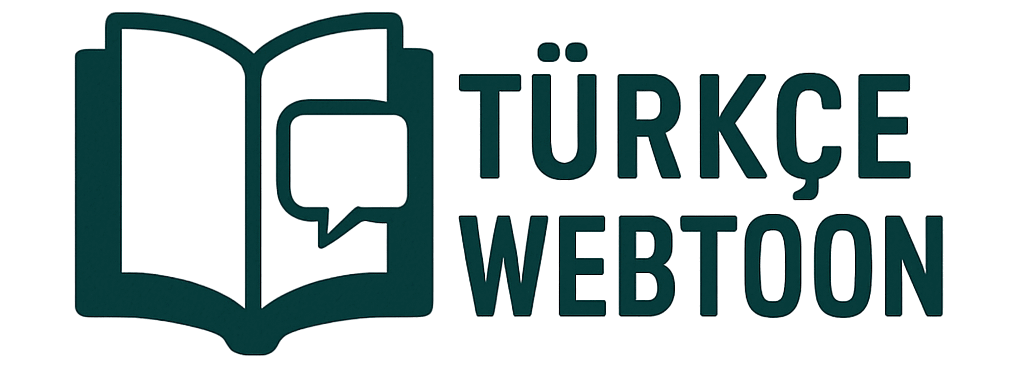Life often feels like a relentless juggling act, doesn’t it? We’re constantly striving to do more, achieve more, and be more, whether it’s crushing deadlines at work, acing that online course, or simply trying to carve out some time for ourselves. But in this endless pursuit of “more,” we often stumble upon an unwelcome guest: burnout. That feeling of being utterly drained, uninspired, and just plain done. It’s a common struggle, especially in today’s fast-paced world where the lines between work and personal life blur faster than you can say “another email.”
You’re not alone if you’ve ever felt that relentless pressure to be productive, only to end up feeling more overwhelmed than accomplished. The good news? You absolutely can supercharge your output without sacrificing your well-being or sanity. This article is your friendly guide to discovering simple, actionable strategies that will help you boost your productivity, reclaim your time, and keep that pesky burnout at bay. We’ll explore practical tips, real-life scenarios, and a dash of humor to make your journey to a more balanced and productive life a genuinely enjoyable one. Ready to ditch the exhaustion and embrace efficiency? Let’s dive in!

The Power of Prioritization: Working Smarter, Not Harder
Ever felt like you’re spinning your wheels but not actually moving forward? That’s often a sign that you’re not prioritizing effectively. Think of your daily tasks as a buffet – you can’t eat everything, so you need to pick the dishes that will nourish you most.
The Eisenhower Matrix: Your Decision-Making Sidekick
This isn’t some fancy, complicated business jargon; it’s a super simple tool that helps you categorize your tasks based on their urgency and importance. Imagine four quadrants:
- Do First (Urgent & Important): These are your immediate action items. Think about a looming project deadline or a critical client meeting. Get these done ASAP!
- Schedule (Important, Not Urgent): This is where the magic happens for long-term productivity. These tasks might include planning your next big project, developing a new skill, or nurturing important relationships. They don’t scream for attention, but they deliver massive returns.
- Delegate (Urgent, Not Important): Can someone else handle this? If it needs to be done quickly but doesn’t necessarily require your unique skills, pass it on! This could be responding to routine emails or scheduling appointments.
- Don’t Do (Not Urgent, Not Important): Be honest with yourself. Are these tasks just distractions? Delete them, postpone them indefinitely, or just say no.
Real-Life Scenario: Let’s say you have a big presentation due next week (Important, Not Urgent) and a new email requesting a quick data pull that’s due by end of day (Urgent, Not Important). Using the Eisenhower Matrix, you’d schedule time to work on the presentation, and delegate the data pull if possible, or if not, tackle it quickly before returning to your more impactful work.
The Art of Saying “No” (Without Feeling Guilty)
This is a big one. Our calendars often get filled with “yeses” that should have been “nos.” Saying “no” isn’t about being unhelpful; it’s about protecting your time and energy for what truly matters. When someone asks you to take on something new, pause. Ask yourself: “Does this align with my priorities? Do I genuinely have the capacity?” If the answer is no, a polite “I appreciate you thinking of me, but my plate is quite full right now” works wonders. Remember, every “yes” to one thing is a “no” to something else – often something more important.
Optimizing Your Work Environment: Small Changes, Big Impact
Your surroundings play a huge role in your ability to focus and get things done. It’s like trying to bake a cake in a chaotic kitchen – ingredients everywhere, no clean bowls. You’re just setting yourself up for a mess!
Declutter Your Physical and Digital Space
A messy desk often equals a messy mind. Take 15 minutes each day to tidy up your physical workspace. Put things away, organize your papers, and wipe down surfaces. The same goes for your digital world.
- Email Inbox Zero: This might sound like a mythical creature, but it’s achievable. Process emails as they come in: reply, archive, or delete. Try to touch each email only once.
- Desktop Detox: Is your computer desktop a graveyard of files and screenshots? Create organized folders and move everything into its rightful place. A clean desktop is a clear mind.
- Close Unnecessary Tabs: The average person has a gazillion tabs open at once. Each one is a tiny mental distraction, screaming for your attention. Close anything you’re not actively using. It’s like giving your brain a much-needed deep breath.
The Power of Good Lighting and Ergonomics
It might sound minor, but the right lighting can boost your mood and reduce eye strain. Natural light is best, so position your desk near a window if possible. If not, invest in a good quality lamp that provides ample, non-glare illumination.
And ergonomics? Oh, it’s a game-changer! A comfortable chair, a monitor at eye level, and a keyboard and mouse that don’t strain your wrists can prevent aches and pains, keeping you focused and energized throughout the day. Your body will thank you, and so will your productivity. Consider investing in an ergonomic mouse or a standing desk if you spend long hours at your computer.

Time Management Hacks That Actually Work
We all have the same 24 hours in a day, but some people seem to bend time to their will. It’s not magic; it’s smart time management.
The Pomodoro Technique: Your Focus Superpower
This is a personal favorite because it’s so simple and effective. Here’s how it works:
- Set a timer for 25 minutes. This is your “Pomodoro.”
- Work with intense focus on a single task until the timer rings. No distractions, no checking your phone, no peeking at social media.
- Take a 5-minute break. Get up, stretch, grab a drink, do something completely unrelated to work.
- After four Pomodoros, take a longer break (15-30 minutes).
This technique trains your brain to focus in short bursts, preventing mental fatigue and keeping you refreshed. It’s like interval training for your brain!
Batching Similar Tasks: Efficiency Unleashed
Think about a chef preparing a meal. They don’t chop one onion, then cook a piece of chicken, then chop another onion. They chop all the vegetables at once, then move on to cooking. The same principle applies to your tasks.
- Email Batching: Instead of checking emails every 5 minutes, designate specific times for it – say, 9 AM, 1 PM, and 4 PM. This prevents constant interruptions.
- Phone Call Batching: Need to make several calls? Do them all at once.
- Errand Batching: Group your errands together so you’re not making multiple trips for individual tasks.
Batching reduces context switching, which is a major productivity killer. Each time you switch tasks, your brain needs to reorient itself, costing you precious time and mental energy.
The “Two-Minute Rule”: Conquer Small Tasks Instantly
If a task takes less than two minutes to complete, do it immediately. Don’t put it off, don’t add it to your to-do list, just get it done. This could be replying to a quick email, filing a document, or making a short phone call. It prevents small tasks from piling up and becoming overwhelming, creating a sense of accomplishment that fuels further productivity.
Mindset Matters: Cultivating a Productivity-Friendly Brain
Productivity isn’t just about external hacks; it’s also about what’s going on inside your head. A positive, growth-oriented mindset can be your biggest asset.
Embrace Imperfection: The “Good Enough” Principle
Many of us fall into the trap of perfectionism. We tweak, we refine, we second-guess, and before we know it, hours have evaporated, and the task still isn’t “perfect.” Here’s a secret: done is better than perfect. Especially for tasks where “perfect” isn’t actually necessary.
Strive for excellence, absolutely, but understand when to hit “send” or “publish.” For instance, if you’re writing an internal report, a perfectly polished masterpiece might not be required. A well-researched, clear, and concise report that gets the job done is often “good enough” and saves you valuable time. This isn’t about being sloppy; it’s about being strategic with your effort.
The Power of Positive Self-Talk
Our internal monologue can be our biggest cheerleader or our harshest critic. When you catch yourself thinking negative thoughts about your abilities or your workload (“I’ll never get this done,” “I’m so overwhelmed”), consciously reframe them.
Instead of: “This project is impossible.” Try: “This project is challenging, but I’m capable of breaking it down and tackling it step-by-step.”
Positive self-talk isn’t just about feeling good; it actually influences your brain’s capacity for problem-solving and resilience.
Celebrate Small Wins: Fuel Your Motivation
We often wait for grand achievements to celebrate, but consistently acknowledging small victories can be incredibly motivating. Finished that tricky report? High five yourself! Cleared your inbox? Do a little happy dance!
These small celebrations release dopamine, a feel-good chemical in your brain, which reinforces positive behaviors and makes you more likely to repeat them. It’s like giving yourself mini-rewards for being awesome.
The Non-Negotiables: Protecting Your Well-being
True productivity isn’t about working more hours; it’s about working smarter and having the energy to sustain it. This means prioritizing your well-being, even when deadlines loom.
Sleep: Your Brain’s Recharge Button
This is perhaps the most underrated productivity hack of all. Skimping on sleep is like trying to run a marathon on an empty tank. You might get by for a bit, but eventually, you’ll crash. Aim for 7-9 hours of quality sleep each night. It improves focus, memory, problem-solving, and mood. Seriously, don’t sacrifice sleep for an extra hour of work – it’s a false economy.
Movement: Get Those Endorphins Flowing
You don’t need to become an Olympic athlete, but regular physical activity is crucial. Even a 20-minute walk, some gentle stretching, or a quick dance party in your living room can make a massive difference. Exercise boosts blood flow to your brain, reduces stress, and releases endorphins, making you feel more energized and ready to tackle anything.
According to a 2025 Statista report (placeholder data, consider finding a real statistic on the benefits of exercise on productivity), individuals who engage in moderate physical activity regularly report significantly higher levels of focus and mental clarity during their workday.
Nutrition: Fueling Your Brain and Body
Think of your body as a high-performance vehicle. Would you put cheap, diluted fuel into a sports car? No! So why fuel your amazing self with highly processed junk food? Focus on whole, unprocessed foods: fruits, vegetables, lean proteins, and healthy fats. These provide sustained energy and keep your brain sharp, preventing those dreaded mid-afternoon slumps. And don’t forget to stay hydrated! Water is your brain’s best friend.
Disconnect and Recharge: The Art of Doing Nothing
In our always-on culture, it’s easy to feel guilty about not working. But genuine breaks are essential for preventing burnout and fostering creativity. Schedule downtime in your day and stick to it. This means stepping away from your screens, engaging in hobbies you love, spending time with loved ones, or simply sitting in silence. Your brain needs time to process, rest, and wander to truly be productive.
Mini Case Study: Sarah, a freelance graphic designer, used to work 12-hour days, often through her lunch break. She was constantly exhausted and found herself staring at a blank screen, unable to come up with new ideas. After implementing strict 30-minute lunch breaks away from her computer and a 15-minute mid-afternoon walk, she noticed a dramatic improvement. She felt more refreshed, her creativity flowed more easily, and surprisingly, she finished her work faster because she was more focused during her “on” time.
Conclusion: Your Journey to Sustainable Productivity Starts Now
Phew! We’ve covered a lot of ground, haven’t we? From mastering prioritization with the Eisenhower Matrix to harnessing the power of the Pomodoro Technique, and from decluttering your digital space to making sure you get enough sleep, these are all simple, yet incredibly powerful ways to boost your productivity without teetering on the edge of burnout.
Remember, productivity isn’t about a frantic dash to the finish line every single day. It’s about finding a sustainable pace, working smarter, not just harder, and truly honoring your well-being. It’s a continuous journey of small, intentional steps that add up to significant changes over time. You don’t have to overhaul your entire life overnight; just pick one or two strategies that resonate with you and give them a try. See what sticks, adjust as needed, and be kind to yourself along the way.
Now it’s your turn! Which one of these tips will you try first? The path to a more productive, balanced, and joyful life is within your reach. Go on, you’ve got this!
Frequently Asked Questions (FAQ)
Q: How do I know if I’m approaching burnout?
A: Burnout often manifests as chronic fatigue, cynicism or detachment from your work, reduced performance, and increased irritability. You might also notice difficulty concentrating, a lack of motivation, and physical symptoms like headaches or digestive issues. If these resonate with you, it’s a good time to reassess your habits and prioritize self-care.
Q: What’s the best way to start a new productivity habit?
A: Start small! Don’t try to implement five new habits at once. Pick one — like the Two-Minute Rule or scheduling short breaks — and focus on consistently applying it for a week or two. Once it feels natural, you can add another. Consistency is key!
Q: How can I deal with constant interruptions at work?
A: Communication is crucial. If possible, set “do not disturb” times where you close your office door or use headphones. Inform colleagues of your focused work blocks. For digital interruptions, turn off non-essential notifications on your phone and computer.
Q: Is it okay to take short breaks even if I’m not feeling tired?
A: Absolutely! Regular short breaks are essential for maintaining focus and preventing mental fatigue. They give your brain a chance to reset, process information, and return to the task refreshed. Think of them as proactive measures, not just reactive ones.

